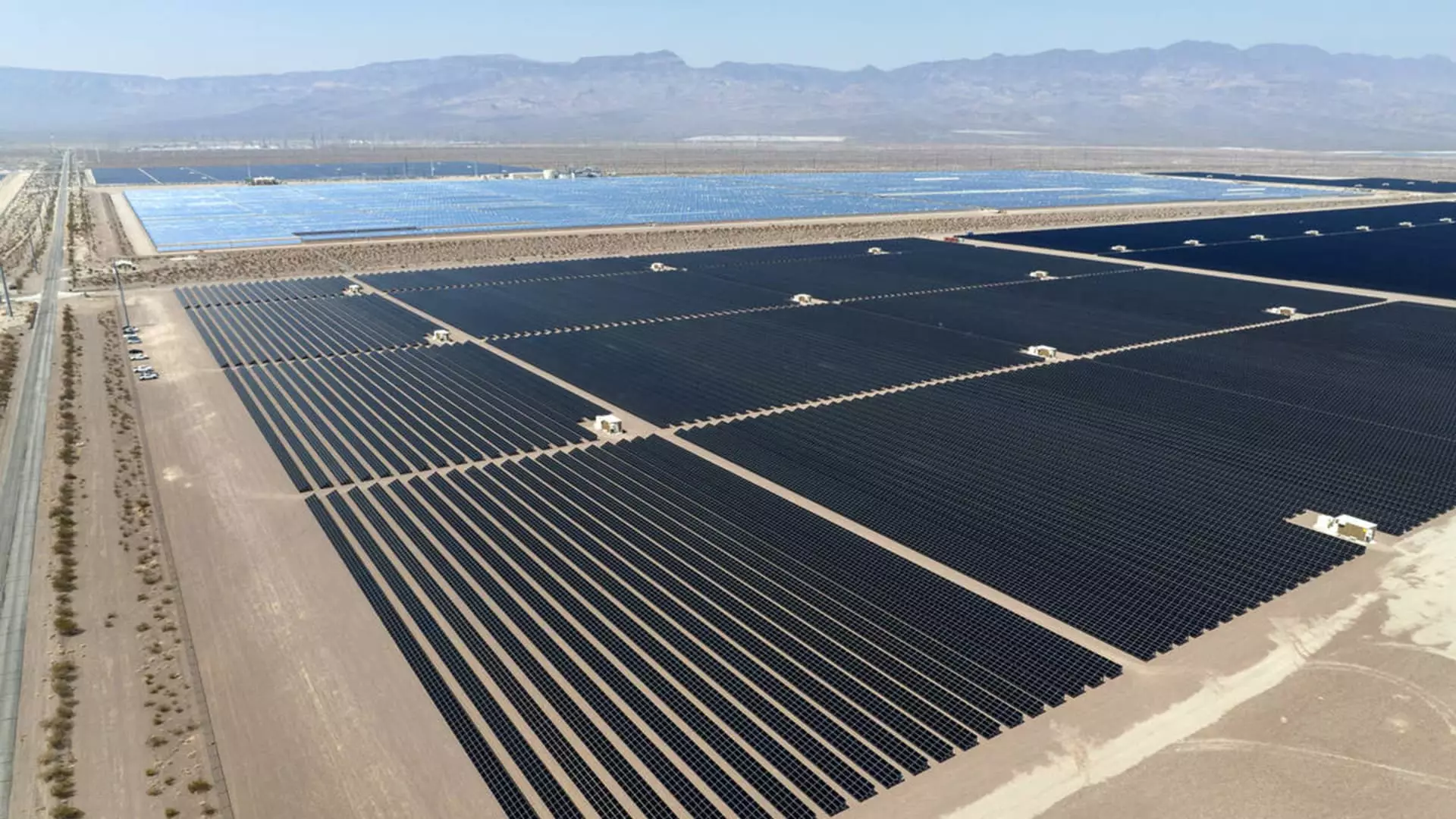Following Donald Trump’s recent victory in the presidential election, solar energy stocks experienced a significant downturn. Investors responded with trepidation, concerned that a second Trump administration could jeopardize the Inflation Reduction Act (IRA), a piece of legislation widely credited for invigorating the U.S. clean energy sector. Amid this uncertain political climate, the Invesco Solar ETF dropped over 9% in premarket trading, showcasing a palpable sense of fear among stakeholders in the renewable energy market.
The repercussions were particularly severe for individual solar companies. First Solar saw its shares plummet by 12%, while residential solar providers such as Sunrun and Sunnova were hit even harder with declines of 15% and 20%, respectively. Inverter manufacturer Enphase, crucial for solar energy installations, faced an 11% drop, and Nextracker followed suit with nearly a 12% decline. These declines signal that investors are bracing for potential policy reversals that could dismantle the progress made under President Joe Biden’s administration, particularly in promoting solar energy as a viable alternative to traditional fossil fuels.
Trump’s campaign rhetoric included a promise to dismantle the IRA, labeling it the “Socialist Green New Deal.” The IRA, enacted through a partisan vote in 2022, stands as one of President Biden’s signature legislative achievements aimed at combating climate change. Trump’s repudiation of the IRA could fundamentally alter the landscape of renewable energy investment, especially as it relates to the lucrative tax credits designed to stimulate growth in the solar sector. If Trump fulfills his promises, the uncertainty surrounding future investments in solar technology could deter potential backers and slow the momentum of clean energy initiatives.
While Trump’s reelection poses immediate risks to the IRA, its future is also contingent on the composition of Congress. Should Republicans regain control, the prospect of repealing or significantly modifying the IRA becomes more plausible. The potential for a unified Republican front raises alarms among advocates of renewable energy, who are keenly aware that the IRA was passed without any support from the opposition party. Thus, the interplay between the presidency and Congress will be pivotal in determining the trajectory of clean energy policies over the next few years.
The dramatic shifts in the stock market following Trump’s victory serve as a wake-up call for investors. The volatility of solar stocks underscores the sensitivity of the clean energy sector to political developments. Industry professionals must now navigate an increasingly unpredictable landscape, steeped in the realities of changing governmental priorities. As stakeholders contemplate the future, the importance of legislative advocacy and strategic planning becomes paramount to safeguard the interests and growth of renewable energy initiatives.
The immediate fallout from Trump’s electoral success suggests serious implications for the future of solar energy in the United States. With the landscape shifting rapidly, the solar industry faces a critical juncture, requiring careful monitoring and proactive engagement with both policymakers and investors to sustain momentum in the pursuit of clean energy solutions.

